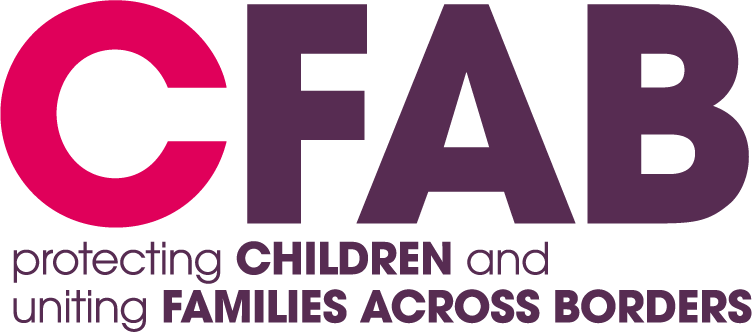Responding to the statutory guidance for Local Authorities published by the Department for Education - October 2024
14 October 2024
A new guidance framework for supporting children who are cared for by extended family and friends was published by the Department for Education on Friday 11th October.
The guidance follows the department’s Kinship Strategy, published in December last year, which rightly recognises that children who grow up with their family have better outcomes in life.
As experts in international family reunification, CFAB is pleased that the guidance acknowledges that Looked After Children may have family abroad who could be considered as kinship carers. To achieve a truly family-first approach in today’s global society, all family connections should be explored, regardless of their location.
ONS data shows that from 2004 onwards, more than a quarter of children in England and Wales have a foreign-born parent. In line with this, courts and social services are experiencing a year-on-year increase in family cases involving multiple countries. We estimate that there are approximately 30,000 children in care with family overseas who may be able to look after them.
Carolyn Housman, CEO of CFAB said, “Though we are pleased that overseas placements have been acknowledged in this new guidance, we are concerned that the exploration of family members abroad has been presented as unlikely and tenuous.”
“As a charity, we worry that children with international heritage may miss out on being raised by family overseas because this new framework does not offer professionals enough guidance on placing children with kinship carers abroad when it is in their best interest. Now would have been the perfect time to strongly emphasise that international kinship exploration is a fundamental part of the family-first duty and ensure that no child is left behind.”
Exploring and arranging cross-border placements for children is complex, but complexity should not be a barrier to ensuring the best home for a child without parental care. Other child protection guidance for working with foreign authorities is notably outdated – published in 2014 under David Cameron’s Conservative government.
CFAB currently supports 80% of local authorities in England and Wales to explore and assess long-term care options for children with family overseas. As the only UK member of the International Social Service network, with 130 overseas partners, we are experts in cross-border children and family cases. We look forward to further discussions with the Department for Education and would welcome the opportunity to contribute to a future Practice Guide focusing on international kinship care.
Recognising the diversity of the Looked After Children population is crucial, as it informs how we can best improve life outcomes, ensure the right to family life, and provide access to culture and identity. Family must come first for every child, no matter where their family lives.


